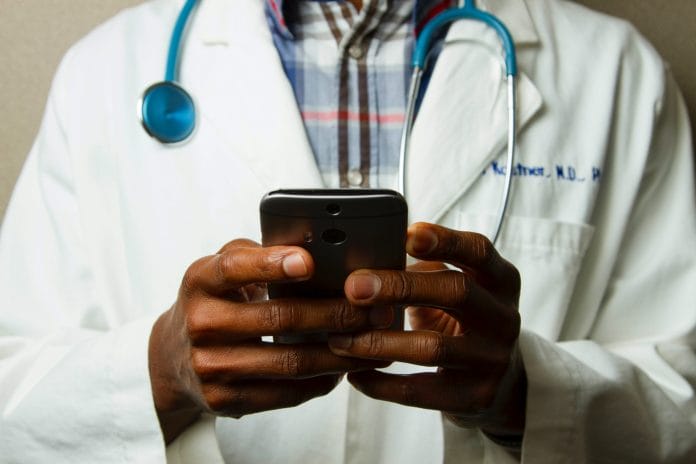Have you ever had to redo a test or x-ray simply because the results were misplaced? Felt the frustration of forgetting essential health documents at home or in the car while hurrying for a medical appointment? How challenging is it to recall past procedures or accurately describe a diagnosis from years ago done in your hometown to a new doctor?
Health records, which encompass radiographs, prescriptions, biopsy reports, and blood test results, are crucial components of patient care. Traditionally, these records have been in paper form, making them cumbersome to carry around. As healthcare modernizes, many hospitals have transitioned to electronic medical record systems. Though this shift centralizes information within each institution, it inadvertently fragments patient data across multiple databases. When patients consult various doctors, their comprehensive medical histories become siloed in these separate databases, remaining inaccessible to both the patients and other healthcare professionals.
Incomplete health records is the catalyst for medical error, the common being delayed diagnosis, repetitive treatment and inappropriate prescription, often influenced by inefficient communication and scattered health records. Without a full understanding of a patient’s medication history, doctors may inadvertently prescribe drugs that conflict with one another or trigger a known allergy, posing severe health risks. Additionally, the frequent repetition of tests and procedures, stemming from a lack of accessible prior records, squanders essential resources and places an undue financial strain on both the patient and the healthcare system.
Recognizing these challenges, the concept of Personal Health Records (PHRs) has emerged as a potential solution. PHRs allow patients to have direct access and control over their health data. Stored digitally, these records can be shared with any healthcare provider as needed, ensuring that every medical professional the patient interacts with has a consistent and complete view of their health history.
Such a consolidated record system would drastically reduce the need for repeated tests, ensuring that diagnoses are based on comprehensive data, potentially saving lives. Moreover, it empowers patients, putting their health information right at their fingertips, ready to be shared at a moment’s notice. Picture this: storing radiographs, blood test results, biopsy reports, prescriptions, and discharge summaries not just for ourselves, but also for family members under our care. And all this data of multiple profiles, safeguarded by stringent security measures, can be shared among authorized users with single password— much like our Netflix account.
The concept of PHR isn’t new, but is Malaysia’s healthcare system ready to hand over custodianship of health records to their rightful owners? And how can we guarantee the data remains private and secure?
Though many relate blockchain to cryptocurrencies, this technology could be the answer to our concerns. In simple terms, imagine blockchain as a chain of digital files, called blocks. Each file stores a piece of information, in this case a patient’s health record, when the file is created, a unique code will be stamped to it, linking it to the previous file. There is no central authority to control the content added to the blockchain, but rather the person who share the data agrees to the peer-to-peer network. Patients and doctors from different hospitals and clinics can connect to the blockchain network using a PHR platform such as a mobile application. Through the application the patient will have a direct access to their health records and provide consent to share their health information.
The potential is immense: a healthcare system where every crucial detail is just a click away, promising exceptional patient care. Handing over data control to patients doesn’t only elevate their healthcare experience; it also paves the way for a unified, efficient healthcare landscape.
For this vision to become a reality in Malaysia, all healthcare stakeholders, from diagnostic labs to pharmacies, must unite and champion a patient-driven data approach Malaysia, the pressing question is:
Are we ready for this transformation?
……
By Dr. Nur Fauziani Zainul Abidin, Dental Lecturer at the Department of Oro-Maxillofacial Surgical and Medical Sciences, Faculty of Dentistry, Universiti Malaya.









